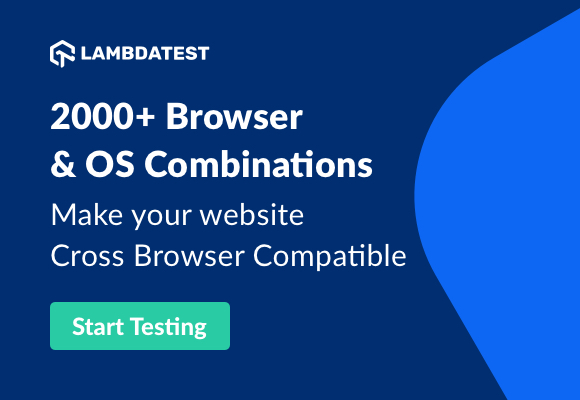Mobile apps have become an indispensable part of our daily lives, serving various purposes from entertainment to productivity. With millions of apps available across different platforms, understanding the different types of mobile apps can help both developers and users make informed decisions. This article explores the primary categories of mobile apps, highlighting their unique features and use cases. For more detailed insights and resources, visit ourWebsite.com.
Native Apps
Definition and Characteristics
Native apps are developed specifically for a particular operating system, such as iOS or Android. They are built using platform-specific programming languages—Swift or Objective-C for iOS, and Java or Kotlin for Android. Native apps offer high performance and a seamless user experience because they are optimized for the platform they run on.
Advantages
- Performance: Native apps are faster and more responsive.
- User Experience: They provide a more intuitive and consistent user experience.
- Access to Device Features: Native apps can easily access device-specific features like the camera, GPS, and notifications.
Disadvantages
- Development Cost: Building separate apps for different platforms can be expensive.
- Maintenance: Requires ongoing maintenance and updates for each platform.
Learn more about developing native apps at ourWebsite.com.
Web Apps
Definition and Characteristics
Web apps are essentially websites that are designed to look and feel like mobile apps. They are accessed through a web browser and do not need to be downloaded or installed from an app store. Web apps are typically built using HTML, CSS, and JavaScript.
Advantages
- Cross-Platform Compatibility: Web apps can run on any device with a web browser.
- Cost-Effective: They are cheaper to develop and maintain compared to native apps.
- No Installation Required: Users can access web apps without downloading them.
Disadvantages
- Performance: Generally slower and less responsive than native apps.
- Limited Access to Device Features: Web apps have restricted access to device hardware and features.
For more information on web app development, visit ourWebsite.com.
Hybrid Apps
Definition and Characteristics
Hybrid apps combine elements of both native and web apps. They are built using web technologies like HTML, CSS, and JavaScript, but are wrapped in a native container that allows them to be distributed through app stores and access device features. Popular frameworks for building hybrid apps include Ionic, Cordova, and React Native.
Advantages
- Cost-Effective: Development and maintenance are more affordable than native apps.
- Cross-Platform: One codebase can be used for multiple platforms.
- Access to Device Features: Hybrid apps can access most device features.
Disadvantages
- Performance: Typically slower than native apps.
- User Experience: May not offer the same level of polish and responsiveness as native apps.
Discover more about hybrid app development at ourWebsite.com.
Progressive Web Apps (PWAs)
Definition and Characteristics
Progressive Web Apps (PWAs) are web apps that offer a native app-like experience. They leverage modern web capabilities to provide offline functionality, push notifications, and fast load times. PWAs are built using standard web technologies but are enhanced with additional features to improve user experience.
Advantages
- Offline Functionality: Can work offline or in poor network conditions.
- Fast and Reliable: PWAs are designed to load quickly and perform well.
- No App Store Dependency: Users can install PWAs directly from their browser.
Disadvantages
- Limited Access to Device Features: Compared to native apps, PWAs have more limited access to device hardware.
- Browser Compatibility: Some features may not be supported by all browsers.
For more insights on PWAs, visit ourWebsite.com.
Gaming Apps
Definition and Characteristics
Gaming apps are one of the most popular types of mobile apps, ranging from simple puzzle games to complex, immersive multiplayer experiences. They are usually developed as native or hybrid apps to leverage the device’s hardware for better performance.
Advantages
- High Engagement: Games often have high user engagement and retention.
- Revenue Potential: Gaming apps can generate significant revenue through in-app purchases, ads, and premium versions.
Disadvantages
- Development Complexity: Creating high-quality games can be complex and resource-intensive.
- High Competition: The gaming market is highly competitive, making it challenging to stand out.
Explore more about developing gaming apps at ourWebsite.com.
Conclusion
Understanding the different types of mobile apps is crucial for developers and businesses aiming to succeed in the competitive app market. Each type—native, web, hybrid, PWAs, and gaming apps—offers unique benefits and challenges. By choosing the right type of app for your needs, you can optimize performance, user experience, and development costs. For further insights and resources on mobile app development, visit ourWebsite.com.



